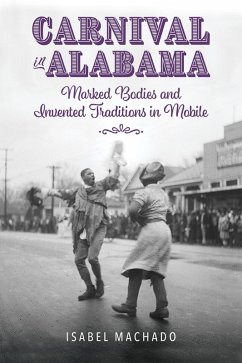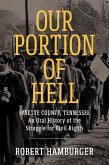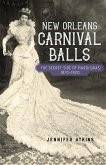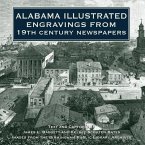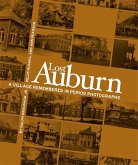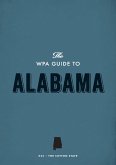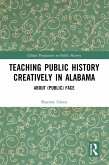Mobile is simultaneously a typical and unique city in the postwar United States. It was a quintessential boomtown during World War II. That prosperity was followed by a period of rapid urban decline and subsequent attempts at revitalizing (or gentrifying) its downtown area. As in many other US cities, urban renewal, integration, and other socioeconomic developments led to white flight, marginalized the African American population, and set the stage for the development of LGBTQ+ community building and subculture. Yet these usually segregated segments of society in Mobile converged once a year to create a common identity, that of a Carnival City.
Carnival in Alabama looks not only at the people who participated in Mardi Gras organizations divided by race, gender, and/or sexual orientation, but also investigates the experience of "marked bodies" outside of these organizations, or people involved in Carnival through their labor or as audiences (or publics) of the spectacle. It also expands the definition of Mobile's Carnival "tradition" beyond the official pageantry by including street maskers and laborers and neighborhood cookouts.
Using archival sources and oral history interviews to investigate and analyze the roles assigned, inaccessible to, or claimed and appropriated by straight-identified African American men and women and people who defied gender and sexuality normativity in the festivities (regardless of their racial identity), this book illuminates power dynamics through culture and ritual. By looking at Carnival as an "invented tradition" and as a semiotic system associated with discourses of power, it joins a transnational conversation about the phenomenon.
Hinweis: Dieser Artikel kann nur an eine deutsche Lieferadresse ausgeliefert werden.
Carnival in Alabama looks not only at the people who participated in Mardi Gras organizations divided by race, gender, and/or sexual orientation, but also investigates the experience of "marked bodies" outside of these organizations, or people involved in Carnival through their labor or as audiences (or publics) of the spectacle. It also expands the definition of Mobile's Carnival "tradition" beyond the official pageantry by including street maskers and laborers and neighborhood cookouts.
Using archival sources and oral history interviews to investigate and analyze the roles assigned, inaccessible to, or claimed and appropriated by straight-identified African American men and women and people who defied gender and sexuality normativity in the festivities (regardless of their racial identity), this book illuminates power dynamics through culture and ritual. By looking at Carnival as an "invented tradition" and as a semiotic system associated with discourses of power, it joins a transnational conversation about the phenomenon.
Dieser Download kann aus rechtlichen Gründen nur mit Rechnungsadresse in A, D ausgeliefert werden.
Hinweis: Dieser Artikel kann nur an eine deutsche Lieferadresse ausgeliefert werden.

